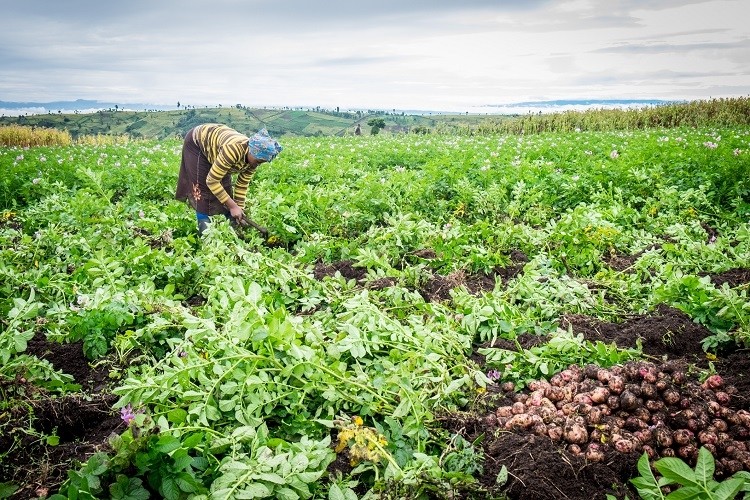Recent years has seen a huge way of digital and tech innovations across the globe – many pioneered by start-ups – to help farmers adopt more climate friendly practices and minimise risk to their businesses from climate change.
However, with South East Asia home to more than 80% of the world’s small holder farmers, driving adoption is an ongoing battle.
The topic was at the top of the agenda at this week’s SEA Agri-Food Roundtable in Bangkok, with experts from Thai Wah, the Asian Development Bank (ADB), Temasek, Jiva and Rabobank sharing their insights.
Setting the scene for the scale of the challenge faced by the region’s agri and food sector, Thai Wah CEO Ho Ren Hua said the impact of climate change, less available farmland, soli degradation and crop disease, coupled with growing populations and demands for healthier and more nutrition products meant that “we stand at an inflexion point to drive change in South East Asia from farm to shelf.”
While extensive collaboration from across the supply chain and a wide breadth of specialisms is needed, the crucial factor is that efforts start with smallholders.
“We have to start at the source,” he said. “This is increasingly important and increasingly challenging. That’s why collaboration is so important.
“We work with over 10,000 famers across the region. And looking at the adverse impact of climate change takes a lot of our time. The good news is that in 2023 we are seeing an accelerating pace to drive more transformation than ever before.”
The panel concurred on several strategies for smarter farming success, with building trust among smallholders topping the list.
Ramanarayanan Mahadevan, CEO, of Singapore-based Jiva, a firm specialising in digi
Read More

